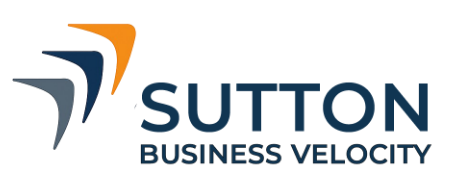Companies often compete for talent by offering perks that sound appealing on the surface: stocked snack bars, ping pong tables, nap pods, or quirky office design. While these features may generate buzz, they rarely influence the actual customer experience. Customers care about how well they’re served, how quickly their needs are met, and whether the people assisting them are motivated and capable. A bowl of cereal in the break room does little to impact that.
The real connection between benefits and customer outcomes lies in whether employees feel supported, healthy, and able to give their best at work. This is where overlooked, less flashy benefits create meaningful ripple effects.
When Perks Miss the Point
Workplace perks have their place in creating atmosphere, but they often fail to address the stressors that actually affect an employee’s ability to deliver quality service. Free coffee might keep someone awake, but it does not help them focus if they’re worried about arranging childcare. A foosball table may provide a break, but it won’t prevent burnout for someone struggling with mounting healthcare costs.
When companies invest heavily in perks that do not reduce real pressures, the result can be a mismatch: employees appear to be offered “fun” benefits, but their underlying needs remain unmet. Customers then interact with employees who are distracted, stressed, or fatigued—conditions that no snack drawer can fix.
The Hidden Power of Practical Benefits
The benefits that transform both the employee and customer experience are often practical, quiet, and less visible to outsiders. For example, when a company provides comprehensive mental health coverage, employees have the resources to manage stress or anxiety before it spills into their work. Customers interacting with those employees encounter patience, clarity, and empathy.
Similarly, childcare support can change everything for working parents. When the stress of arranging care is reduced, employees arrive at work more present and focused. The quality of customer interactions improves, not because of an on-site game room, but because people feel secure in their personal lives.
Scheduling flexibility is another overlooked benefit that makes a tangible difference. Employees who can adjust their schedules to accommodate life responsibilities like appointments, caregiving, or simply rest tend to sustain higher energy and engagement during work hours. Customers experience that difference in the form of thoughtful, attentive service.
Shifting the Perspective
The central question is simple: do the benefits provided enable employees to thrive in ways that improve the customer’s experience? By reframing benefits through this lens, organizations can redirect resources away from perks that look good in recruitment materials but contribute little, and toward initiatives that strengthen the actual connection between employees and the people they serve.
This doesn’t mean companies should remove all lighthearted touches. Fun environments can matter. But they should never replace or overshadow benefits that address real challenges in employees’ lives. Customers will rarely remember whether their service representative had access to a ping pong table; they will remember how valued, understood, and helped they felt.
Building a Better Equation
The most effective benefit programs create a chain reaction: employees feel genuinely supported, which translates into higher motivation, lower turnover, and stronger customer relationships. Over time, this strengthens brand reputation and loyalty in ways that snacks or games cannot.
Organizations willing to rethink benefits in this way position themselves to serve not only their people but also their customers with greater consistency. When employees’ needs are truly met, customers notice the difference.
At Sutton Business Velocity, our team helps organizations rethink compensation and benefits with clarity and purpose. By aligning strategies that matter to employees and customers alike, companies gain stronger engagement and faster results. Rethink benefits, reframe rewards, and unlock performance where it counts. Contact us today.

